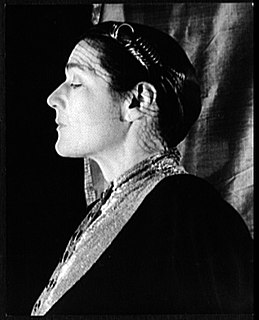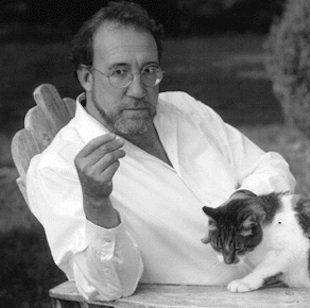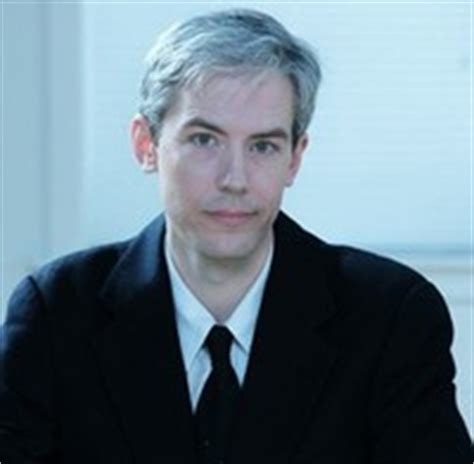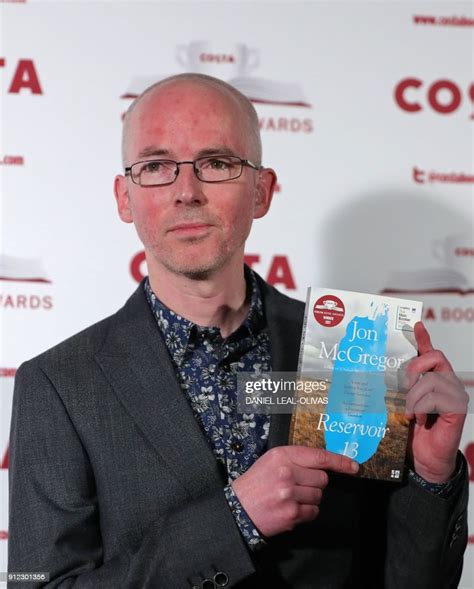A Quote by Philip Larkin
I am not sure, once a poet has found out what has been written already, and how it was written - once, in short, he has learnt his trade - that he should bother with literature at all. Poetry is not like surgery, a technique that can be copied. Every operation the poet performs is unique, and need never be done again.
Related Quotes
Crushed to earth and rising again is an author's gymnastic. Once he fails to struggle to his feet and grab his pen, he will contemplate a fact he should never permit himself to face: that in all probability books have been written, are being written, will be written, better than anything he has done, is doing, or will do.
One demands two things of a poem. Firstly, it must be a well-made verbal object that does honor to the language in which it is written. Secondly, it must say something significant about a reality common to us all, but perceived from a unique perspective. What the poet says has never been said before, but, once he has said it, his readers recognize its validity for themselves.
Isn't it curious how one has only to open a book of verse to realise immediately that it was written by a very fine poet, or else that it was written by someone who is not a poet at all. In the case of the former, the lines, the images, though they are inherent in each other, leap up and give one this shock of delight. In the case of the latter, they lie flat on the page, never having lived.
I am NOT an anarchist. Never have been, never will be. Just because Crimethinc put out two of my poetry books, I am labeled everywhere as an anarchist poet. I am a poet, yes. Not an anarchist. I have no formulated political philosophy other than a general feeling of disgust for the majority of the human race.
Once a poet always a poet, and even though I haven't written poems for a long time, I can nonetheless say that everything I've ever learned about writing lyrical fiction has been informed by three decades of writing in lines and stanzas. For me the real drama of fiction is almost always the drama of the language.






































